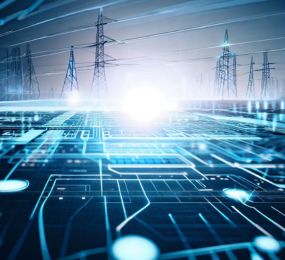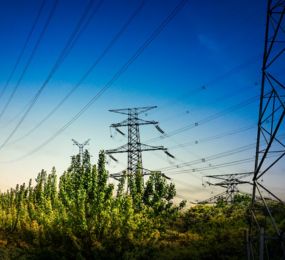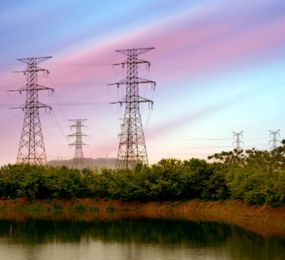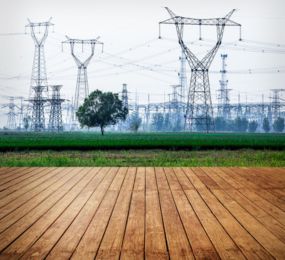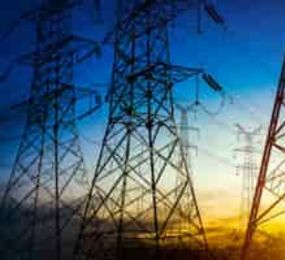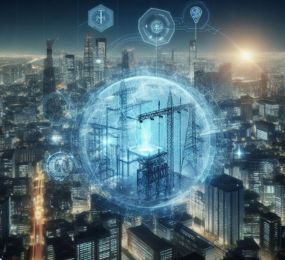Artificial Intelligence (AI) is emerging as a transformative force in the realm of power grids, reshaping how we generate, distribute, and consume energy. Its multifaceted applications are revolutionizing the traditional approaches to grid management and paving the way for a more efficient and resilient energy future.
1. Predictive Maintenance:
AI is a game-changer in predictive maintenance for power grid infrastructure. Machine learning algorithms analyze vast amounts of data from sensors and historical records, predicting potential equipment failures before they occur. This proactive approach minimizes downtime, reduces maintenance costs, and enhances the overall reliability of the power grid.
2. Grid Optimization:
The dynamic nature of energy demand requires real-time adjustments in grid operations. AI facilitates grid optimization by analyzing data on energy consumption patterns, weather forecasts, and other variables. This enables grid operators to make informed decisions, ensuring that energy is distributed efficiently and preventing overload or disruptions.
3. Energy Forecasting:
AI-driven energy forecasting enhances the accuracy of predicting future energy demand. This is particularly crucial for integrating renewable energy sources like solar and wind into the grid. By analyzing historical data and environmental factors, AI models provide more reliable forecasts, enabling better resource planning and utilization.
4. Fault Detection and Response:
Swift identification and response to faults are essential for maintaining a resilient power grid. AI algorithms continuously monitor grid conditions, rapidly detecting anomalies or potential issues. In the event of a fault, automated responses can be triggered, minimizing the impact on the overall grid operation.
5. Cybersecurity:
As power grids become more interconnected, the threat of cyber-attacks looms larger. AI plays a pivotal role in cybersecurity by identifying and mitigating potential threats in real-time. Adaptive AI systems can learn from emerging cyber threats, fortifying the grid against ever-evolving security challenges.
In conclusion, the role of Artificial Intelligence in power grids is transformative. It goes beyond mere automation, becoming a cornerstone for predictive decision-making, efficiency enhancement, and the overall resilience of our energy infrastructure. As AI continues to evolve, its impact on the power sector promises a future where energy distribution is not only intelligent but also sustainable and adaptive.
Visit our website to register and secure your spot today! click here: https://bit.ly/3peklYc
For more information and group participation, contact us: [email protected]



